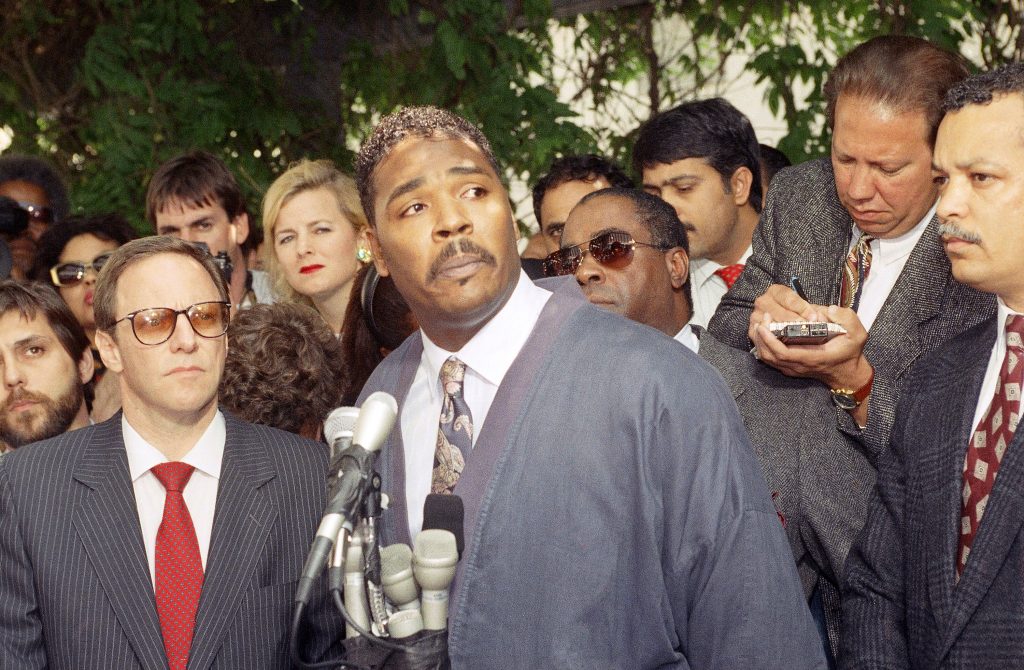
To listen to this reflection as a podcast, click here.
Yes, Presbyterians (who occasionally refer to themselves as God’s Frozen Chosen) actually do show emotion from time to time.
In his book Jesus Outside the Lines, Scott Sauls recalls the time when theologian R.C. Sproul was the guest presenter at Christ Presbyterian Church in Nashville.
Sproul was famous for his fierce advocacy of “sovereign grace” – the perspective that God sustains absolute control over every molecule in the universe. Does that leave any room for human freedom? Billy Graham certainly thought so. The 20th century’s most celebrated evangelist never wavered in his insistence on free will.
During the question and answer time following the presentation, someone in the crowd went right for the jugular: “Dr. Sproul, will you see Billy Graham in heaven?” Sproul responded, “No, I don’t believe I will see Billy Graham in heaven.”
A collective gasp went up from the crowd – evidence that Presbyterian blood pressure does go up every now and then.
Sproul continued, “Billy Graham will be so close to the throne of God, and I will be so far away, that I will be lucky even to get a glimpse of him.”
Now, that’s how wise people navigate an intramural debate like sovereign grace vs. free will. We may disagree with sisters and brothers about matters of immense importance, but generous doses of humor and humility remind us that we have far more in common with each other than doctrinal sticking points that occasionally threaten to divide us into warring camps.
Disagreements are inevitable. But we must agree to disagree agreeably.
That was central to the prayer that Jesus prayed for all of his followers the night before he died:
“My prayer is not for them alone [that is, his original 12 disciples]. I pray also for those who will believe in me through their message, that all of them may be one, Father… that they may be one as we are one – I in them and you in me – so that they may be brought to complete unity. Then the world will know that you sent me and have loved them even as you have loved me” (John 17:20-21, 23).
The watching world is still waiting to see if we can somehow display the kind of unity that would represent an answer to Jesus’ prayer.
To put it more simply: By God’s grace, can we all get along?
Those five words, spoken by a Black man named Rodney King on May 1, 1992, are often used glibly these days to generate a laugh. But their original context was painful. King had almost been beaten to death a year earlier by four white policemen in Los Angeles. Someone videoed the incident from a nearby balcony and then released the tape to national news organizations. The cops ultimately went to trial, charged with excessive force. When an all-white jury failed to convict them of what most people regarded as police brutality, Los Angeles exploded.
Over the course of six days of rioting and chaos, 63 people were killed and almost 2,400 others were injured. More than 7,000 buildings were set ablaze. Media helicopters hovered over the streets, providing live coverage of violent assaults.
That’s when Rodney King appeared before TV cameras to appeal for peace. Surrounded by reporters, stumbling over his words, fighting back tears, he said, “I just want to say – you know – can we, can we get along? Can we, can we get along?” Those are the words that everyone remembers.
But King went on. He ultimately answered his own question. “We all can get along. We just gotta. We gotta. I mean, we’re all stuck here for a while. Let’s, you know, let’s try to work it out.”
We live at a time when more people than ever are asking Rodney King’s question. Cooperation across Congressional party lines has disintegrated. School board meetings dissolve into shouting matches. Over-zealous parents storm athletic fields to protest controversial calls. And entirely new denominations seem to spring up overnight when followers of Jesus fail to resolve their differences over everything from Sunday School curricula to the amount of water in the baptismal fount.
Christians are known to throw up their hands and declare, “God will settle everything in the next world” – which is really a thinly-veiled way of saying, “Just wait until God shows you how wrong you have always been.”
But Rodney had it right: We’re all stuck here for a while. And the Jesus-following life is definitely one that calls us to do everything we can to find our way forward together – right here and right now. “If it is possible,” Paul writes in Romans 12:18, “as far as it depends on you, live at peace with everyone.”
How can that ever happen?
It always comes down to love.
We will inevitably experience disagreements. Disagreeing with someone, in fact, can be a sign of respect – an indication that we care enough about that person to engage their opinions. Author Vince Vitale then adds, “What we need is not the end to disagreement, but the reality of a love big enough to inspire us to disagree without devaluing.”
We may not always agree about everything. But we can agree to love and value each other along the way.
And if you don’t agree with that, you can take it up with me in heaven.
You’ll find me in the “cheap seats” with some of the other Presbyterians just beyond the horizon from God’s throne of grace.
